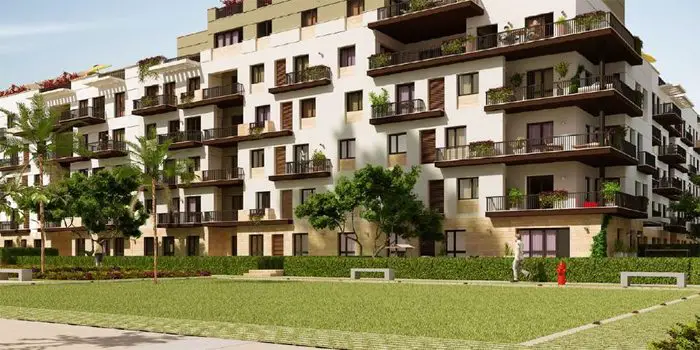One of Egypt’s largest listed real estate developers, SODIC plans to invest US$336 million in 2015, an initiative that could help some recovery from the three years of turmoil that hit hard the once booming construction sector and help meet increasing housing demand. Its managing director has said.
SODIC plans to begin construction in the first phase of the units that will constitute a mixed-use development, on its 1.3 million square meter site in Heliopolis – an upscale suburb of Cairo. Construction starts off next year.
SODIC won the rights to this land earlier this year and is targeting sales of $480-960 million from first phase facility, which is part of the $14 billion expected sales from the whole project which does not have a name yet.
Speaking at the Middle East Investment Summit, Ahmed’ Badrawi said it was a good time to invest in the sector as its economy is showing signs of recovery; thus increasing demand for property in populous country. Egypt needs around 500,000 new units a year to meet the rising strong housing demands.
Ahmed also added that SODIC is likely to have made US$ 4 billion worth of investments by the end of this year. SODIC is also targeting investments worth US$3.8bn next year and the figure could rise if SODIC takes on new projects on the Mediterranean coast or elsewhere.
SODIC, also known as Sixth of October Development and Investment Co, is currently working on eight projects. Its portfolio comprises 11 million square metres, including 3.6 million metres that have yet to be exploited.
SODIC made a profit of $144 million on revenues of $1.01billion in the first half of 2014 and expects an increase this year from last year after Ripplewood, a U.S private equity firm acquired a 10 per cent stake in SODIC in May.
Egypt underwent revolt in 2011 that ended Hosni Mubarak’s 30-year rule but ushered in a period of economic and political volatility. Many large real estate contracts were cancelled in the wake of the revolt and investments were at the lowest point.
